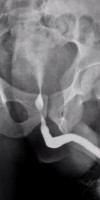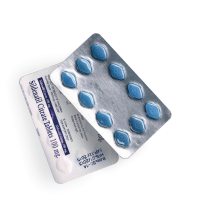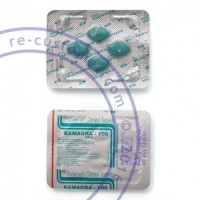What is the AUG Test in Urology?
- 29 March 2023 17:14:27
- Views: 1039
The AUG (Ascending Urethrogram) test is a diagnostic test used in urology to evaluate the urethra and diagnose potential issues such as blockages or narrowing. It involves the use of contrast dye and x-rays to create detailed images of the urethra.
When is the AUG Test Performed?
The AUG test is typically performed when a patient presents with symptoms that suggest a potential urethral blockage or narrowing. These symptoms may include difficulty urinating, frequent urination, or pain during urination. The test can also be used to evaluate the effectiveness of treatments for urethral issues, such as catheterization or surgery.
How is the AUG Test Performed?
The AUG test is a minimally invasive procedure that is performed in a hospital or imaging center. The patient is asked to lie down on an examination table and a small tube (catheter) is inserted into the urethra. A contrast dye is then injected through the catheter, and x-rays are taken to create detailed images of the urethra.
The procedure typically takes less than an hour to complete, and the patient can return home the same day. The patient may experience some mild discomfort or pain during the procedure, but this is generally temporary and can be managed with medication.
What are the Risks of the AUG Test?
The AUG test is generally considered safe, but like any medical procedure, it does carry some risks. These may include:
- Allergic reaction to the contrast dye
- Infection or bleeding at the site of the catheter insertion
- Damage to the urethra
- Exposure to radiation from the x-rays
Patients should discuss any concerns or questions they have about the risks of the test with their healthcare provider before undergoing the procedure.
Conclusion
The AUG test is a valuable diagnostic tool used in urology to evaluate the urethra and diagnose potential issues such as blockages or narrowing. It is a minimally invasive procedure that typically takes less than an hour to complete, and is generally considered safe. However, like any medical procedure, it does carry some risks that should be discussed with the healthcare provider before undergoing the test. If you are experiencing symptoms that suggest a potential urethral issue, talk to your healthcare provider about whether the AUG test may be an appropriate diagnostic tool for you.







